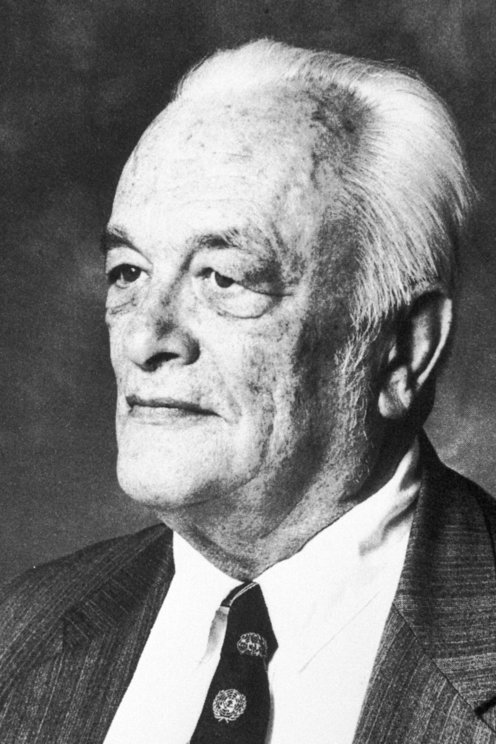Why was William Vickrey Awarded the Nobel Prize for Economics in 1996?
William Vickrey: The Nobel Laureate Who Shaped Public Economics with his Pioneering Contributions
In 1996, the Nobel Prize in Economics was posthumously awarded to the esteemed Canadian economist, William Vickrey, for his groundbreaking research in public economics. Vickrey’s work significantly influenced the understanding of market mechanisms, taxation, and public goods, leaving a lasting impact on economic policy and theory.

1. Early Career and Contributions to Public Economics
William Vickrey was born in 1914 in Canada and pursued his academic career at Columbia University. He devoted his research to the study of public economics, focusing on how government interventions and policies affect the allocation of resources in society. Early in his career, Vickrey explored topics such as welfare economics, public goods, and externalities, which laid the groundwork for his later influential contributions.
Vickrey’s keen interest in transportation economics led him to develop the concept of congestion pricing, which proposed that tolls or fees could be used to alleviate traffic congestion and allocate road space more efficiently. This pioneering idea would later gain widespread recognition and practical application in various urban transportation systems.
2. The Vickrey Auction
One of William Vickrey’s most significant contributions to economics was the design of the Vickrey auction. In 1961, he introduced this innovative auction mechanism, which uses sealed bids to sell goods to the highest bidder at the price offered by the second-highest bidder. This revolutionary concept not only encouraged truthful bidding but also ensured an efficient allocation of resources.
The Vickrey auction found applications in various domains, including government procurement, spectrum auctions, and public resource allocation. Its elegant design and ability to promote efficiency have made it a valuable tool in practical economic settings.
3. Contributions to Taxation and Public Finance
William Vickrey’s research on taxation and public finance also earned him acclaim. He advocated for progressive taxation as a means to achieve a fairer distribution of wealth and reduce income inequality. His work emphasized the importance of considering individuals’ abilities to pay when designing tax policies.
Vickrey’s proposals for implementing tax reforms, such as the “marginal cost pricing principle,” aimed to enhance efficiency and optimize resource allocation. He recognized that proper tax design could not only fund public services but also influence consumer behavior positively.
4. Nobel Prize Recognition
The Nobel Prize in Economics, officially known as the Sveriges Riksbank Prize in Economic Sciences in Memory of Alfred Nobel, is awarded to individuals who have made exceptional contributions to the field of economics. William Vickrey’s posthumous recognition in 1996 was a testament to the profound impact of his work in public economics.
The Royal Swedish Academy of Sciences acknowledged Vickrey’s seminal research in market mechanisms, taxation, and public goods. His innovative ideas, such as the Vickrey auction, provided valuable insights into efficient resource allocation and government policy design.
5. Legacy and Influence
William Vickrey’s Nobel Prize win solidified his position as one of the leading economists of his time. His research has had a lasting impact on public economics, inspiring future generations of economists and policymakers.
Vickrey’s advocacy for progressive taxation and his work on congestion pricing continue to shape discussions on tax policy and urban transportation planning. His ideas have been applied in various contexts, influencing government policy and economic research worldwide.
William Vickrey’s Nobel Prize win in 1996 celebrated his pioneering contributions to public economics. His innovative concepts, such as the Vickrey auction and congestion pricing, have left an enduring legacy, transforming economic theory and influencing practical policy implementation. Vickrey’s dedication to promoting efficient resource allocation and tackling income inequality has shaped economic research and public policy, inspiring economists and policymakers to continue exploring ways to achieve a fairer and more efficient allocation of resources in society.




